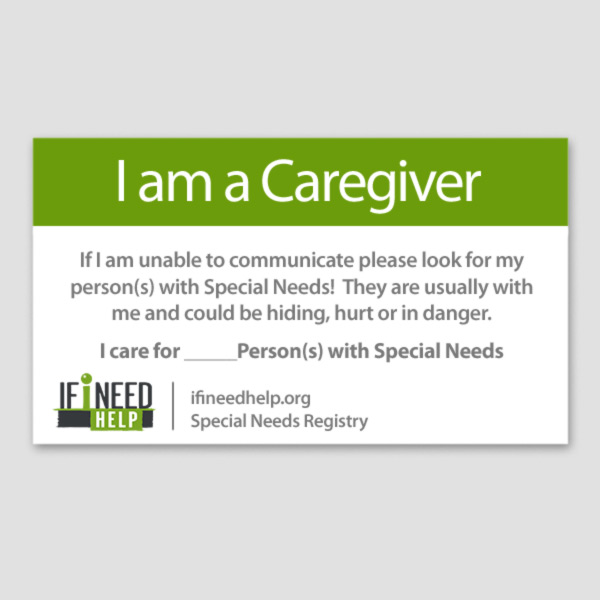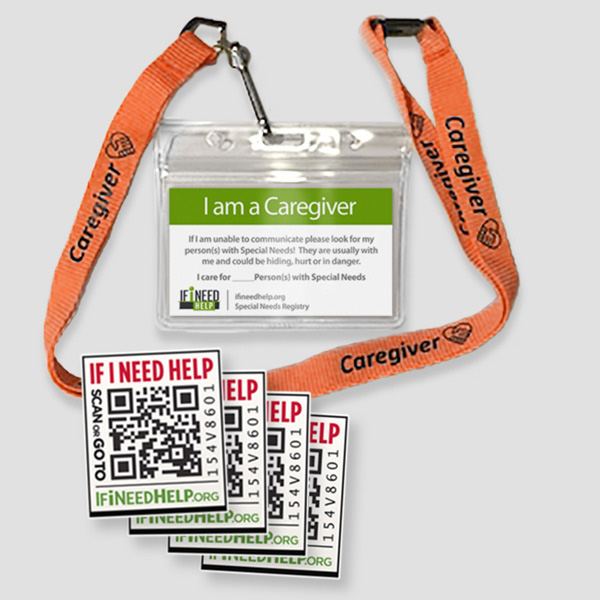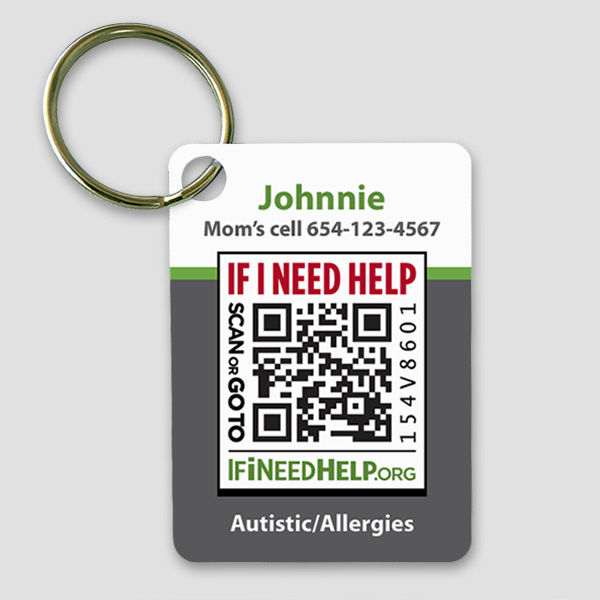Rather than being a singular condition
SPD is more of a spectrum. People with this condition can experience a wide array of sensitivities or sensory-seeking behaviors. Some people may be hypersensitive, finding even minor sensory input overwhelming and leading to sensory overload. In contrast, others may be hypersensitive, seeking out strong sensory experiences or showing a diminished response to sensory stimuli.








